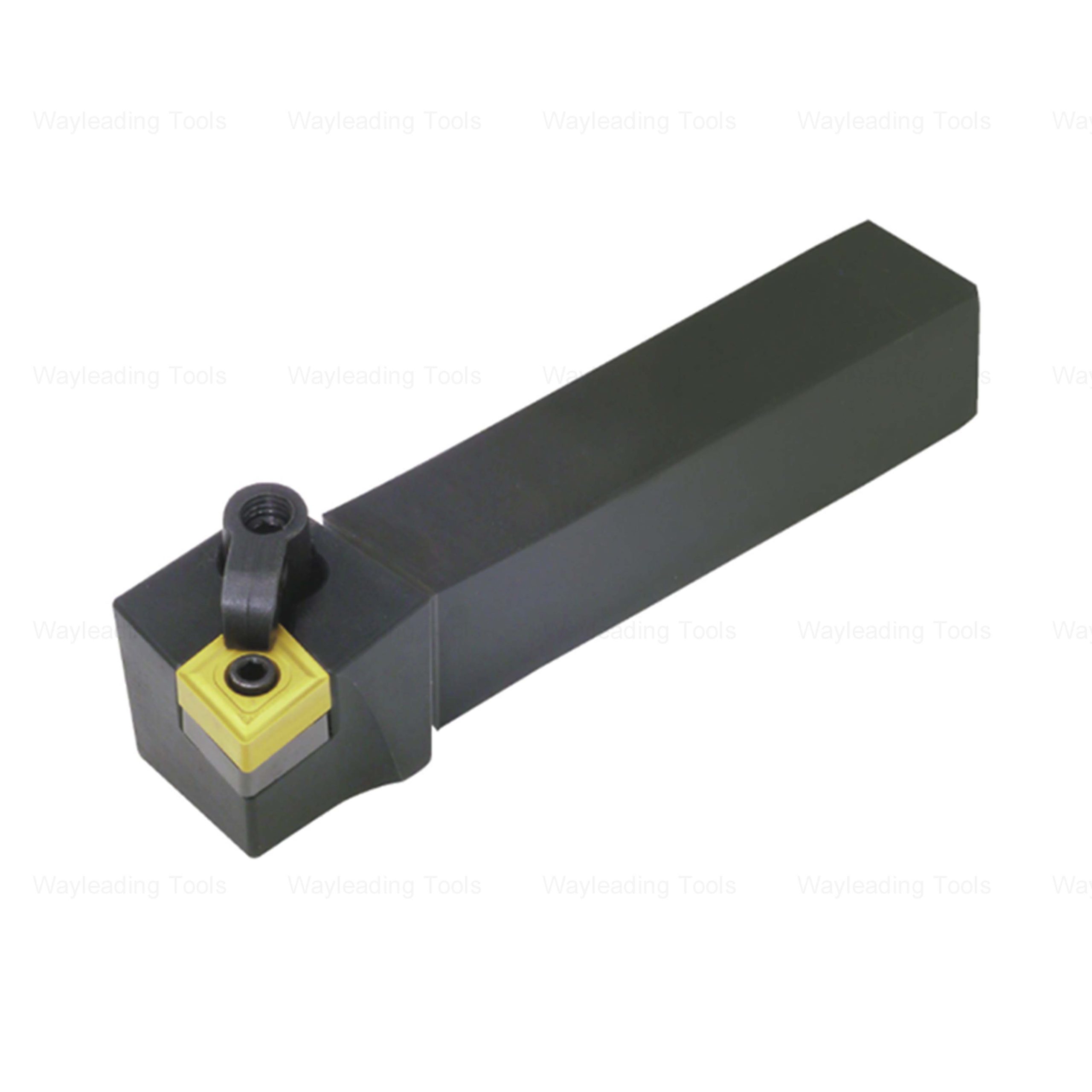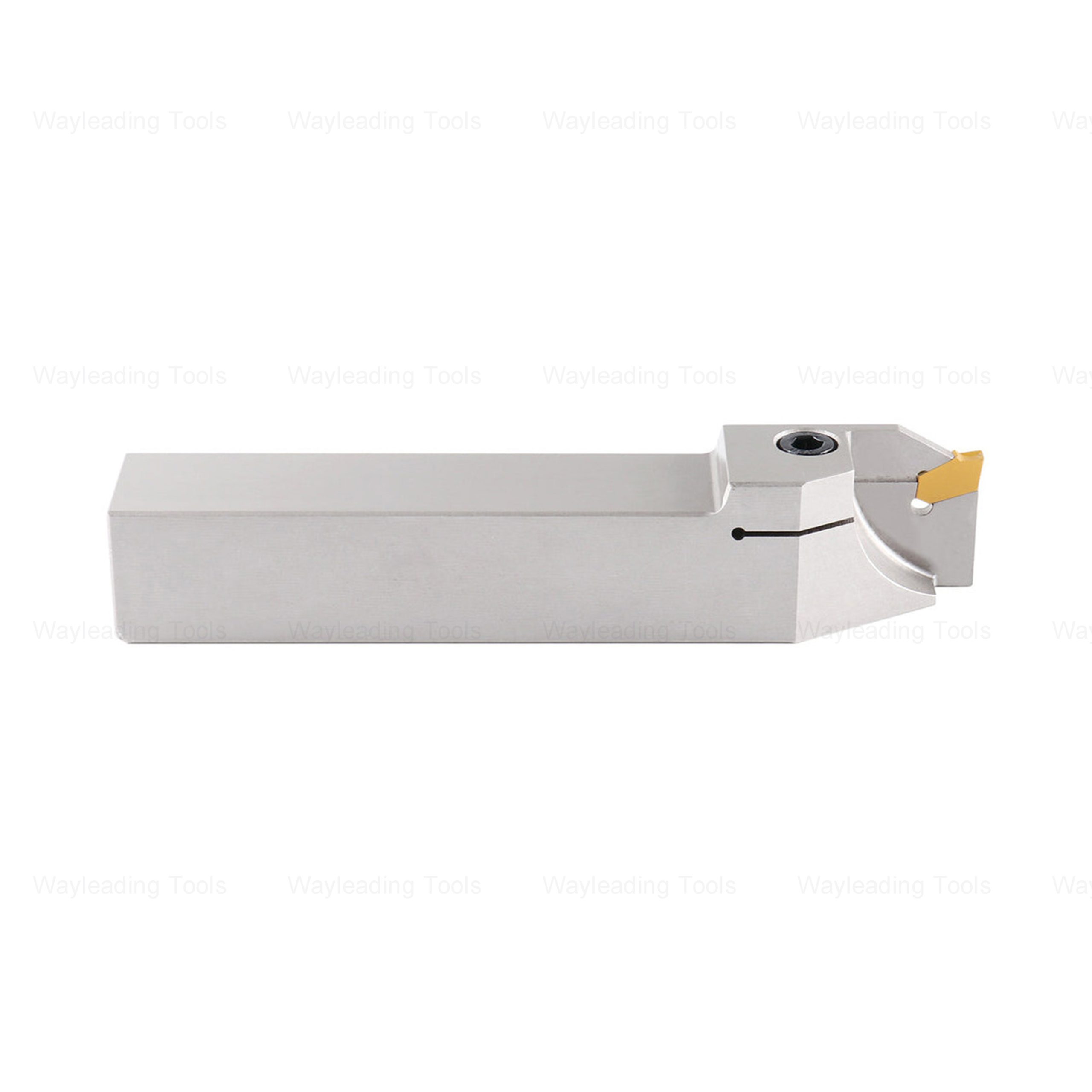taper pin reamer Manufacturers
Discover the leading taper pin reamer manufacturers, understanding the different types of reamers, materials used, and key considerations for selecting the best supplier for your specific needs. This guide explores the intricacies of taper pin reamers and provides valuable insights for professionals seeking high-quality tools.
Understanding Taper Pin Reamers
Taper pin reamers are specialized cutting tools used to create tapered holes designed to accommodate taper pins. These pins are frequently used to secure components together in mechanical assemblies, providing a strong and precise connection. The reamers ensure that the hole matches the exact taper of the pin, guaranteeing a tight and reliable fit. Choosing the right reamer is crucial for accurate and efficient work.
Types of Taper Pin Reamers
Several types of taper pin reamers exist, each suited for specific applications. Understanding their differences is crucial for making the right choice:
- Hand Reamers: These are manually operated and ideal for small-scale tasks and precise adjustments. They offer excellent control and are commonly used by machinists for finishing holes.
- Machine Reamers: Designed for use with drilling machines or lathes, these reamers are perfect for high-volume production and applications requiring consistent results.
- Spiral Flute Reamers: These reamers feature spiral flutes that efficiently remove chips, reducing the risk of clogging and improving surface finish. They are versatile and suitable for various materials.
- Straight Flute Reamers: Straight flute reamers are suitable for general-purpose reaming and work well in materials that produce short, easily broken chips.
- Carbide Reamers: These reamers have carbide cutting edges, providing exceptional hardness and wear resistance. They are ideal for machining hard materials such as hardened steel and cast iron.
Key Considerations When Choosing a Manufacturer
Selecting the right taper pin reamer manufacturer is essential for ensuring the quality and performance of your tools. Consider the following factors:
- Material Quality: The reamer's material directly impacts its durability and cutting performance. High-speed steel (HSS) is a common choice, offering a good balance of hardness and toughness. Carbide reamers provide superior hardness for demanding applications.
- Precision and Accuracy: Look for manufacturers known for their precision machining and tight tolerances. Accurate reamers ensure consistent hole sizes and taper angles.
- Flute Design: The flute design affects chip evacuation and cutting efficiency. Spiral flutes are generally preferred for deeper holes and materials that produce long chips.
- Coating: Coatings like titanium nitride (TiN) or titanium aluminum nitride (TiAlN) can enhance the reamer's wear resistance and reduce friction, extending its lifespan and improving performance.
- Customer Support: Choose a manufacturer that offers excellent customer support, including technical assistance and prompt responses to inquiries.
- Reputation and Experience: Opt for established manufacturers with a proven track record of producing high-quality taper pin reamers.
Top Taper Pin Reamer Manufacturers and Suppliers
While specific manufacturer rankings can fluctuate, several companies consistently demonstrate excellence in producing taper pin reamers. Consider the following well-regarded suppliers and conduct further research to find the best fit for your requirements. One such potential supplier you might consider is Wayleading Tools, though remember to thoroughly evaluate their offerings against your specific needs.
Factors to Consider When Selecting a Supplier
Beyond the manufacturer's reputation, consider these factors when choosing a supplier:
- Product Range: Does the supplier offer a comprehensive range of taper pin reamers in various sizes, materials, and flute designs?
- Availability and Lead Times: Check the supplier's stock levels and lead times to ensure they can meet your delivery requirements.
- Pricing: Compare prices from different suppliers to find the best value for your money.
- Warranty and Return Policy: Understand the supplier's warranty and return policy in case of defects or issues.
Applications of Taper Pin Reamers
Taper pin reamers are widely used in various industries and applications, including:
- Automotive: Securing components in engines, transmissions, and chassis.
- Aerospace: Joining structural parts and control linkages.
- Manufacturing: Assembling machinery, tools, and equipment.
- Tool and Die Making: Creating precise tapered holes for locating pins and fixtures.
- Metalworking: General-purpose reaming and hole finishing in various metalworking projects.
Materials Used in Taper Pin Reamers
The choice of material is critical for a taper pin reamer's performance and lifespan. The most common materials include:
- High-Speed Steel (HSS): A versatile and cost-effective material offering a good balance of hardness and toughness.
- Cobalt HSS (HSS-Co): Contains cobalt, which increases the reamer's hardness and heat resistance, making it suitable for machining tougher materials.
- Carbide: An extremely hard and wear-resistant material ideal for machining hardened steel, cast iron, and other abrasive materials.
Maintenance and Care of Taper Pin Reamers
Proper maintenance and care can significantly extend the lifespan of your taper pin reamers. Follow these guidelines:
- Cleaning: Regularly clean the reamer after each use to remove chips and debris.
- Lubrication: Apply cutting fluid or lubricant during reaming to reduce friction and heat.
- Storage: Store reamers in a dry and protected environment to prevent corrosion.
- Sharpening: Sharpen reamers when they become dull to maintain their cutting efficiency.
Note: Sharpening should ideally be performed by a professional to ensure the correct geometry is maintained.
Taper Pin Reamer Specifications and Standards
Understanding industry standards and specifications is vital for selecting the correct taper pin reamer. Here's a summary of key aspects:
- Taper Angle: Standard taper angles are expressed as a ratio, such as 1:48 (approximately 2 degrees), with variations existing based on application and region.
- Reamer Size: This refers to the diameter at the large end of the reamer. Sizes typically increase in increments, such as 1/8 inch, 1/4 inch, etc.
- Material Composition: As previously discussed, HSS, Cobalt HSS, and Carbide are common materials. Specific grades (e.g., M2 HSS, M42 Cobalt HSS) denote precise alloy composition and affect performance characteristics.
Example Specification Sheet:
| Specification | Value |
|---|---|
| Material | M2 High-Speed Steel (HSS) |
| Taper Angle | 1:48 (2 degrees approx.) |
| Size | 1/4 inch |
| Flute Type | Straight |
| Overall Length | 4 inches |
Understanding these specifications ensures compatibility with taper pins and adherence to engineering requirements.
By carefully considering these factors, you can select the right taper pin reamer manufacturer and ensure that you get high-quality tools that meet your specific needs.
Related products
Related products
Best selling products
Best selling products-
 Precision 17pcs Angle Blocks Set With High Quality Type
Precision 17pcs Angle Blocks Set With High Quality Type -
 30PCS HSS Metric And Inch Size MINI Tap & Die Set
30PCS HSS Metric And Inch Size MINI Tap & Die Set -
 Precision Digital Caliper Of With Metric & Inch Size For Industrial
Precision Digital Caliper Of With Metric & Inch Size For Industrial -
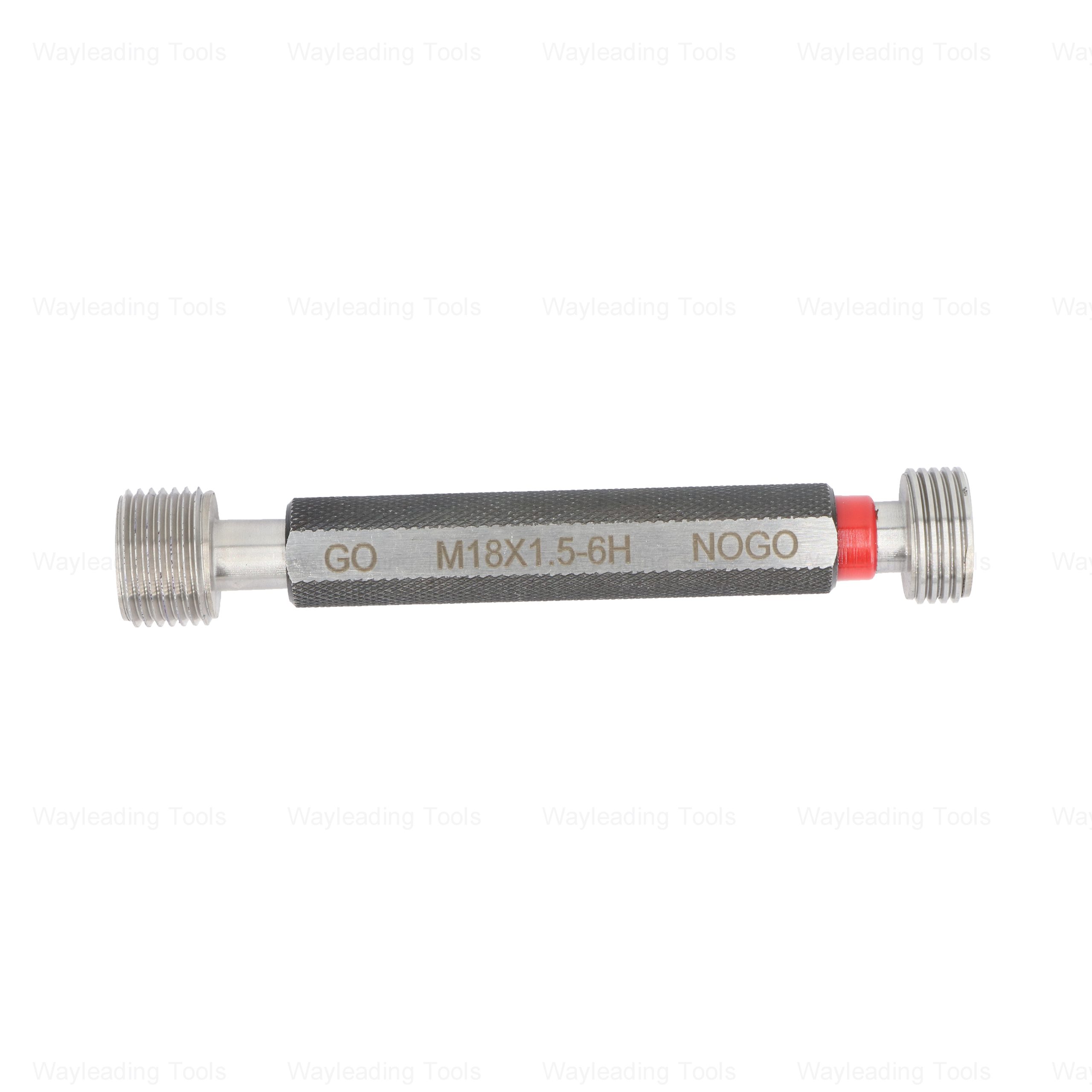 High-Precision Metric Thread Plug Gauge – 6H Class, GO & NO-GO Ends
High-Precision Metric Thread Plug Gauge – 6H Class, GO & NO-GO Ends -
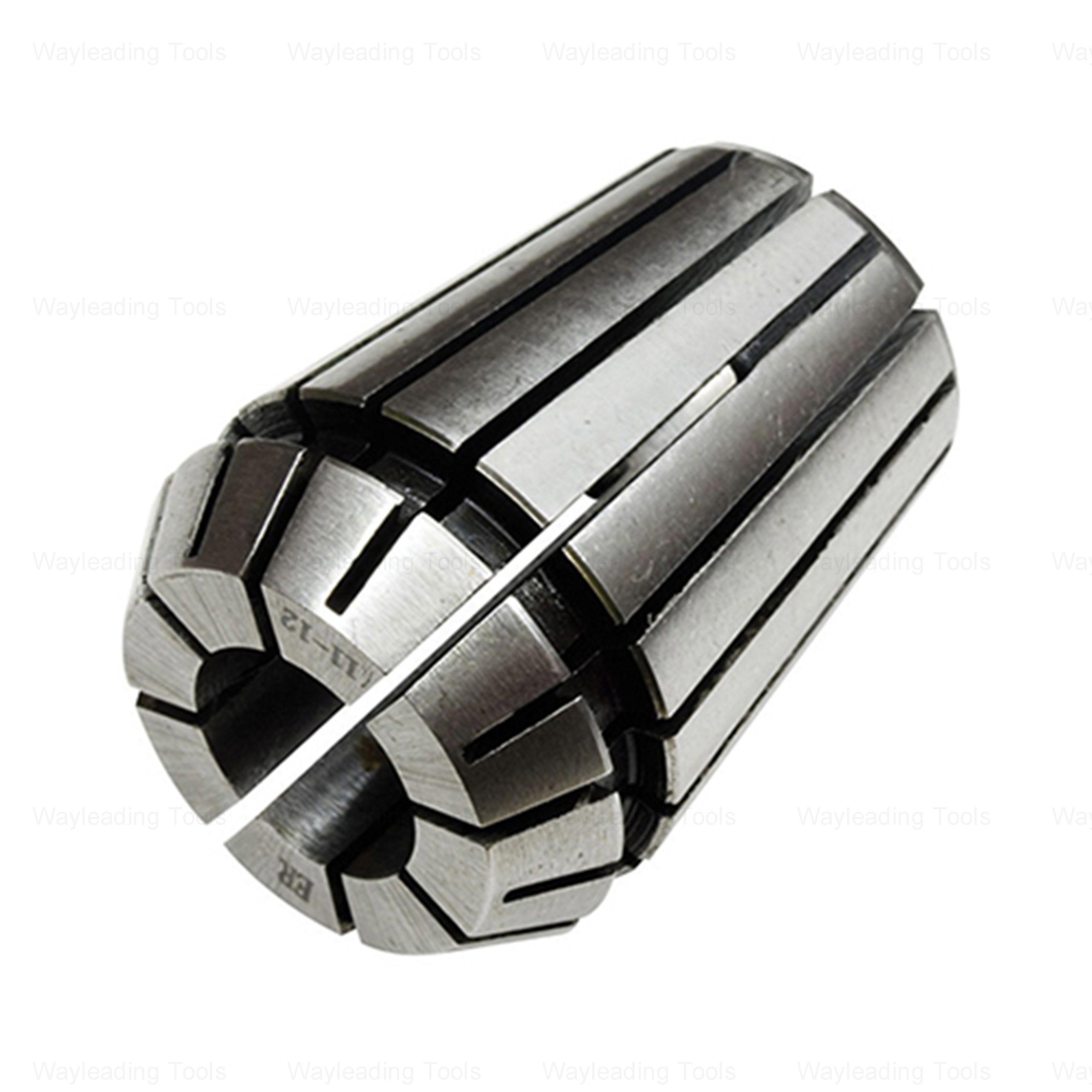 Metric ER Collets – High Precision, for Milling Applications
Metric ER Collets – High Precision, for Milling Applications -
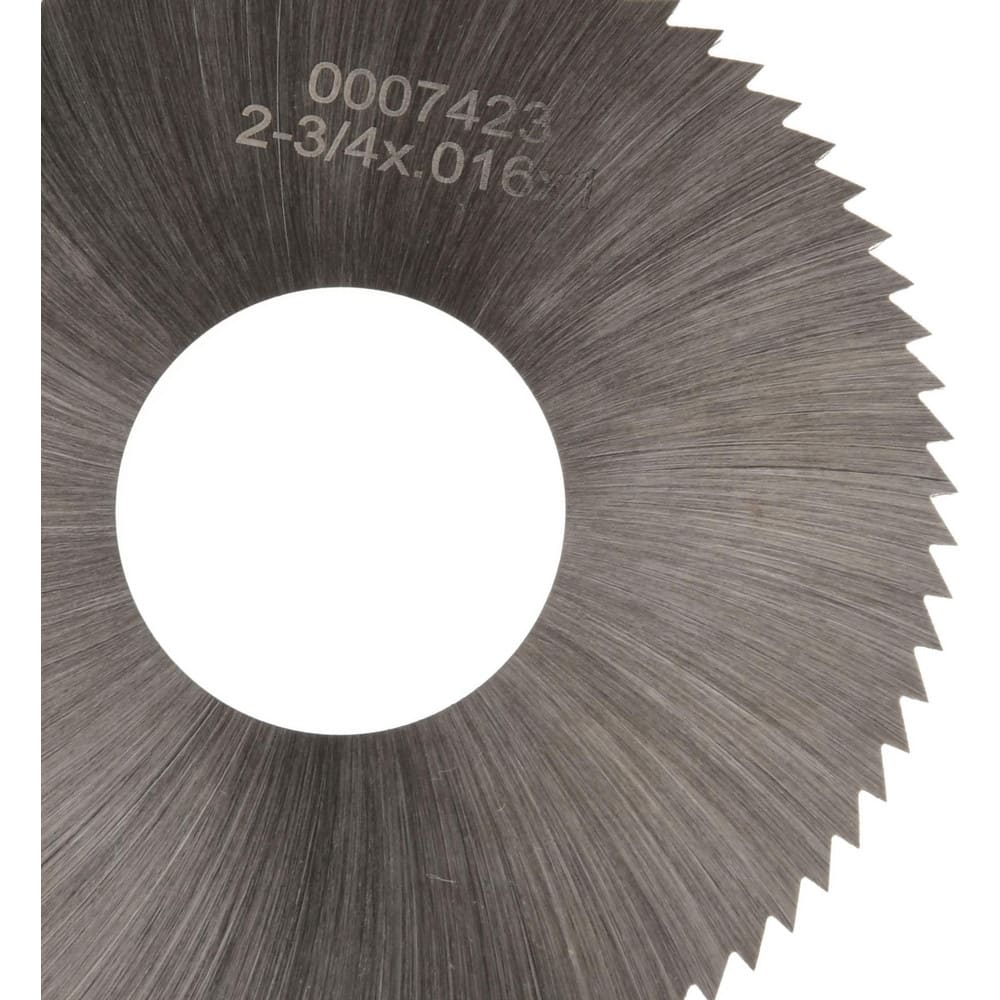 HSS Inch Plain Metal Slitting Saws For Industrial
HSS Inch Plain Metal Slitting Saws For Industrial -
 Precision V Block And Clamps Set With Customized Type
Precision V Block And Clamps Set With Customized Type -
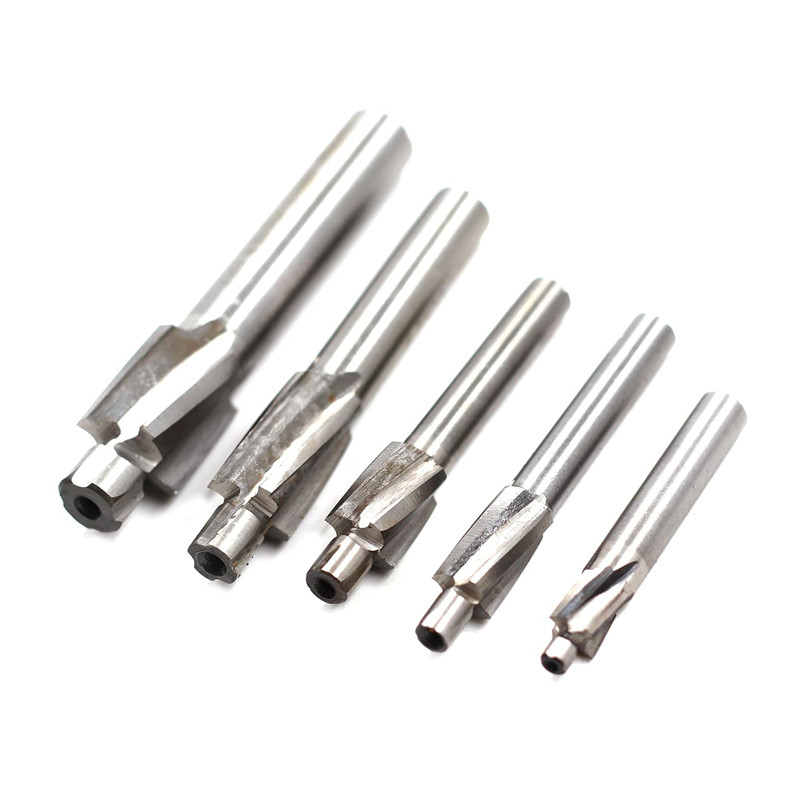 3 Flutes HSS Counterbore Drill Bit With Metric And Inch Size
3 Flutes HSS Counterbore Drill Bit With Metric And Inch Size -
 Straight Shank ER Collet Chuck Holders With Extending Rod
Straight Shank ER Collet Chuck Holders With Extending Rod -
 HSS Shell End Mill Cutter With Bright & TiN Or TiAlN Coated
HSS Shell End Mill Cutter With Bright & TiN Or TiAlN Coated -
 Precision V Block And Clamps Set With Industry Type
Precision V Block And Clamps Set With Industry Type -
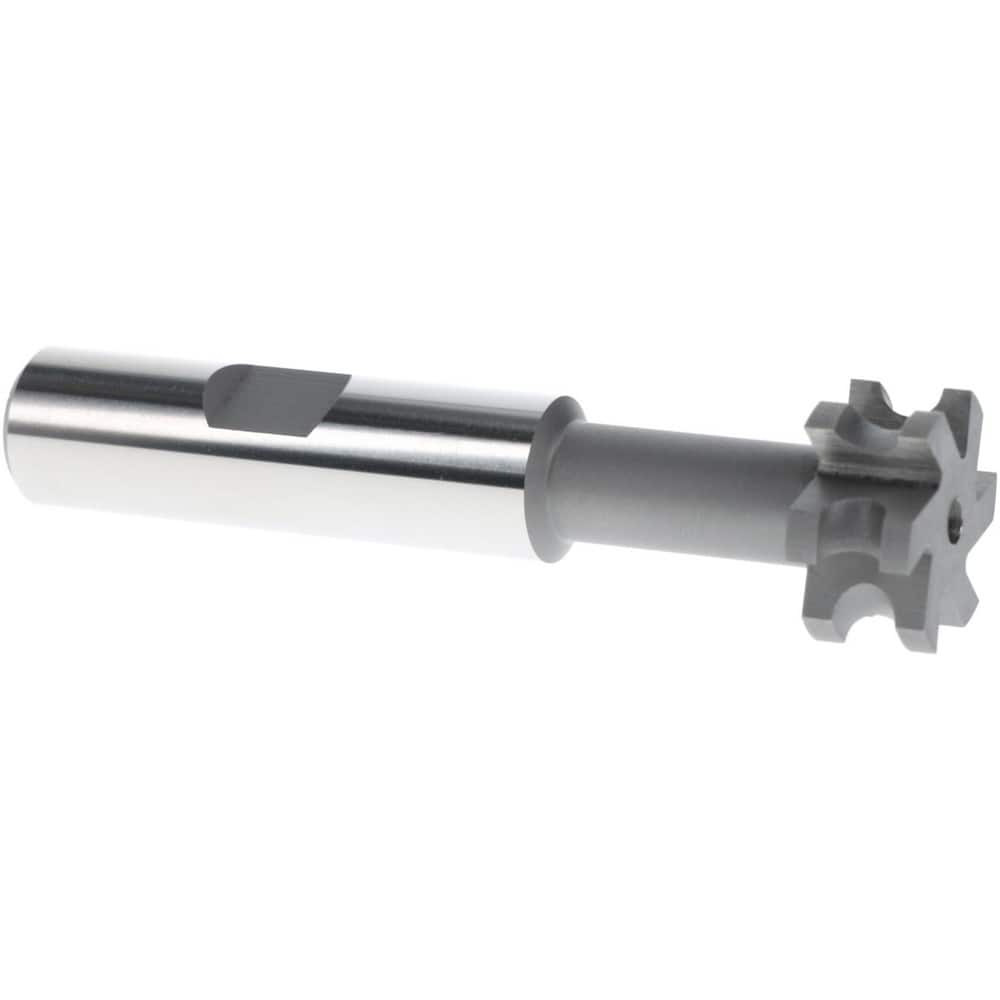 HSS Inch Concave Milling Cutter For Industrial
HSS Inch Concave Milling Cutter For Industrial

